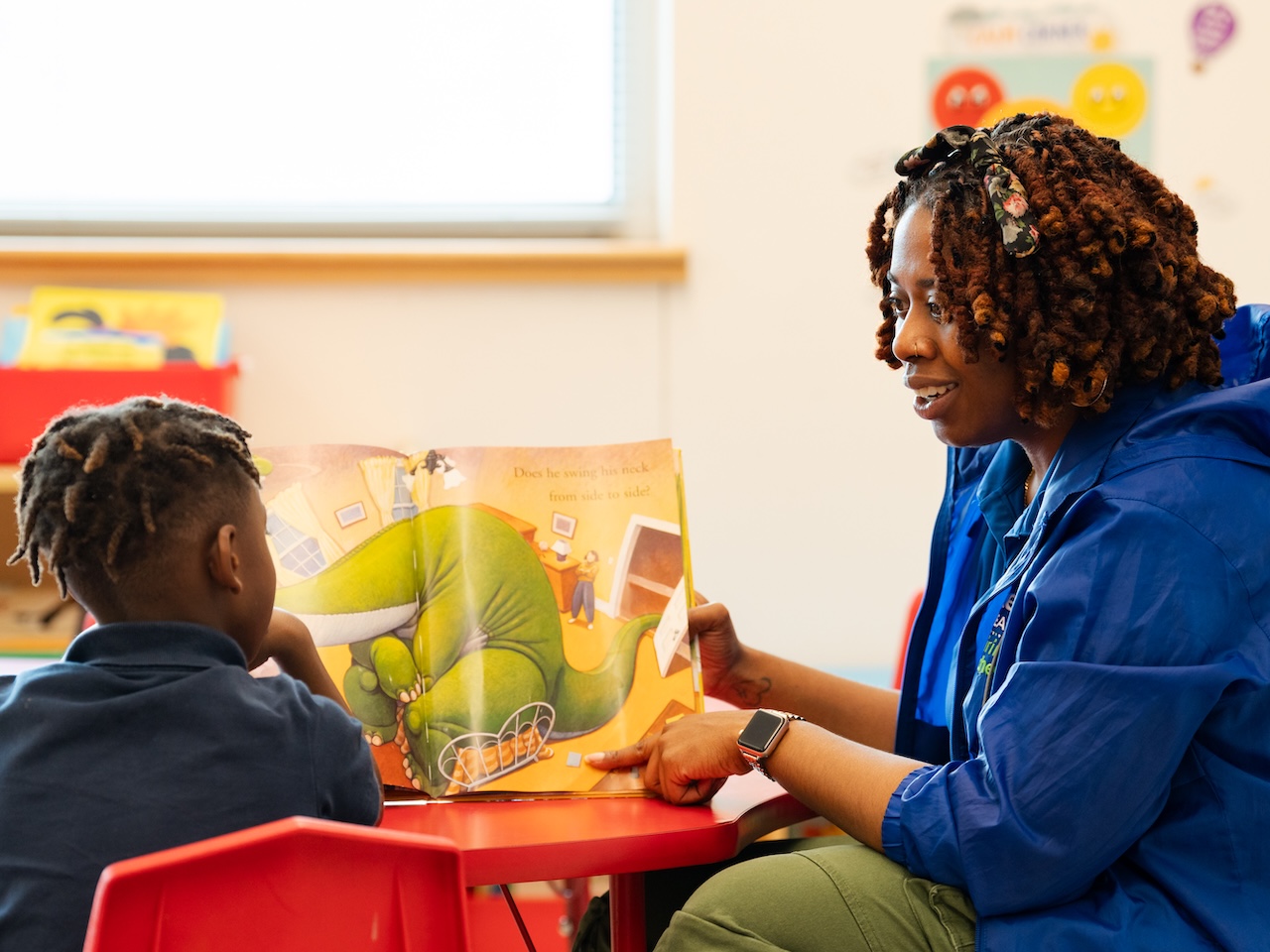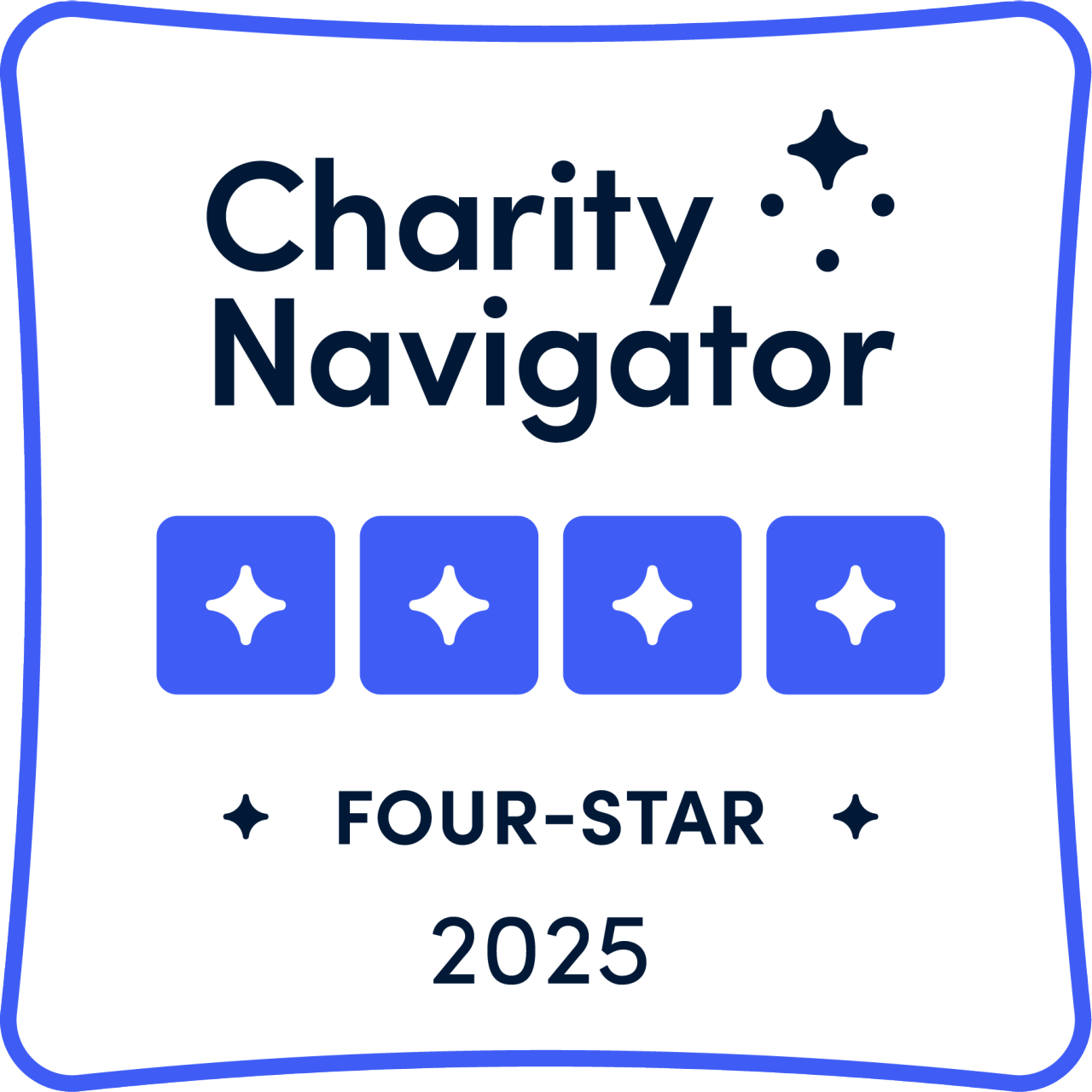Our Educators Worked Harder Than Ever. Now We're Seeing The Results.
%20copy.jpg)
%20copy.jpg)


In the midst of the COVID-19 pandemic, our public education system was disrupted to such an extent that, in spite of the best efforts of students and teachers alike, our region lost almost a decade of academic progress.
But thankfully for our students, our educators have worked harder than ever, and the strategies they’ve employed, enabled by state and federal funding, have begun to bear fruit. New data, though provisional, showcases the impact of their efforts and offers real hope for the future.
Preliminary STAAR results out of Richardson ISD show more students meeting reading standards than before the pandemic in all but one of grades 3-8. Dallas ISD also shows a dramatic rebound in the amount of students in grades 3-8 meeting reading standards this year, with the district returning to or surpassing pre-pandemic levels in all but one grade.

The 5th graders who graduated from elementary school this past school year were three years old in 2015, the year the Dallas ISD school board passed a policy with a goal to enroll 100 percent of eligible four-year olds in Pre-K by the year 2025. Fast forward to 2021 and Pre-K enrollment in Dallas has grown at a rate double the state average. Richardson and many other North Texas districts have been close behind in expanding Pre-K options, facilitated by both new state funding and a collaborative, regional yearly enrollment campaign.
During the same time, the benefits of Dallas ISD’s Teacher Excellence Initiative also began to show returns. Thanks to this program, the district was able to reduce annual teacher turnover by more than a third while keeping more than 90 percent of its most effective educators. This new data on educator effectiveness also enabled the success of Accelerating Campus Excellence (ACE), which directed increased resources and a highly skilled corps of teachers to the historically underserved campuses that needed them most.
Districts like Richardson, Grand Prairie, Ft. Worth, Uplift and others across our region and state are beginning to replicate this success as well with the implementation of the Teacher Incentive Allotment (TIA). TIA encourages districts to create local educator evaluation systems and rewards the educators designated under the system with a substantial bonus, especially if they work on historically hard-to-staff campuses reflecting high rates of economic instability or are located in rural communities.
Moreover, Dallas and Richardson have joined other Texas school systems like Garland and Duncanville in taking advantage of the new Additional Days School Year funding to extend student learning by up to 30 days. This helps students recover from the impact of the pandemic and avoid a “summer slide” in academic achievement while also increasing teacher pay and district resources.
The results of these cumulative strategies point to a strong future for our students. During the pandemic, the amount of third-graders meeting reading standards dropped 7 percentage points across the state. The ability to read on grade level in third grade is an especially crucial benchmark for future outcomes, which is why we are so thrilled to see Dallas and Richardson increasing 3rd grade reading achievement by 8 and 7 percentage points, respectively, from the pandemic low-point of 2021, pointing toward a strong recovery for our students.

We are especially thrilled that early evidence suggests this recovery is reflecting closure of long-persistent racial gaps. The percentage of Black Dallas students meeting state standards in reading increased a substantial 11 to 17 percentage points across grades 3 through 5 in just one year, exceeding 2019 pre-pandemic levels across the board. Richardson’s disaggregated data is not yet publicly available, but we are confident their continued commitment to achieving equitable outcomes will also ultimately benefit their students.

This year’s scores also show Richardson and Dallas ISD students made significant strides toward recovering learning in math. Unfortunately, however, the pandemic had an even larger negative impact in this particular subject area, and there is still more work to do to get these scores back to pre-pandemic levels and overcome the opportunity gap for Black and emergent bilingual middle schoolers.
This is where high-impact tutoring can come in. Students need support now more than ever, and high-impact tutoring has proven to be more effective than any other learning recovery tool. On average, it can facilitate up to 5 months of progress. With this targeted intervention, the students with the greatest needs can continue to catch up in the subjects they need it most.
These preliminary scores are a tremendous bright spot and an encouraging sign for students’ learning across the state this year, and we'll continue to provide more robust analysis as more data from other Texas school districts emerges. As Trustee Ben Mackey remarked when this data was unveiled at the Dallas ISD School Board meeting, “Whatever we’re doing here, we need to do more of it… This is the most encouraging data I’ve seen in a long time.”
Students’ success in this year’s preliminary STAAR data is a testament to what districts can expect when they implement the types of research backed reforms being carried out in Richardson, Dallas, and many other North Texas school systems. With the student-centered, evidenced-based policies of House Bill 3 (86R) in place, Texas schools’ can continue to surpass expectations – and set our students up for even greater success.








.avif)